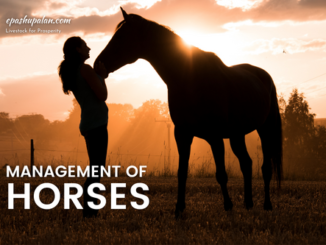
Management of Horses
Basic requirements of horses are shelter, feed, water, grooming, waste removal and exercise that will be discussed in this article. >>>

Basic requirements of horses are shelter, feed, water, grooming, waste removal and exercise that will be discussed in this article. >>>
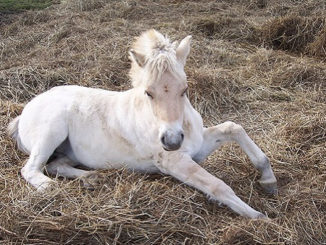
Ultimately the aim of breeding is to produce an adult horse of good genetic characteristics . Even before a live foal is born the nutrition of the mare through pregnancy >>>
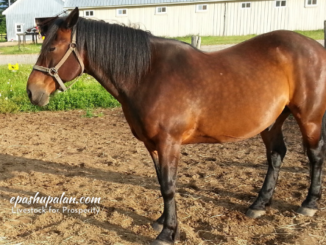
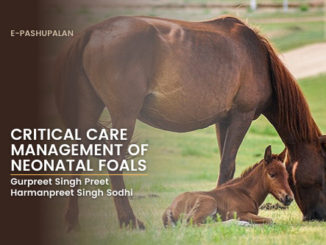
Neonatal period is characterized by dramatic changes in many physiological events in foals. Changes occur rapidly, unlike adult horses the neonatal foal may appear normal and within a few hours may >>>
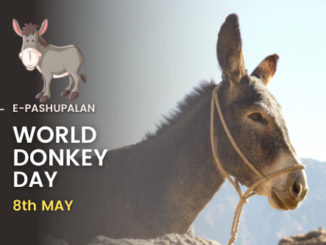
Donkeys are beautiful animals but have not been treated well, so World Donkey Day is a chance for us who cares about these animals to highlight the contribution >>>
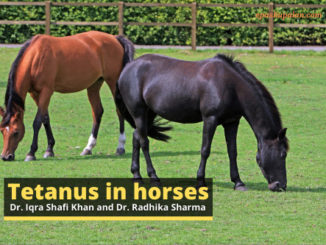
Tetanus also called as lock jaw condition with worldwide distribution is characterized by hyperesthesia, tetany and convulsions. Tetanus is known to cause high fatality in horses by production >>>
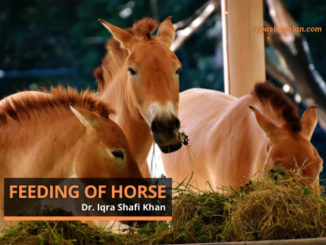
Feeding of horse is an art as well as a science. After food is digested, blood carries its energy to the body. Energy nutrients power muscle movement to walk, breathe and blink eyes. Horses devote >>>
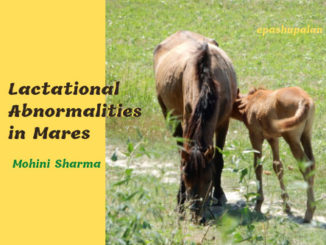
Lactational abnormalities are not found usually in mares. However, when there is a risk to the foal (of a particular mare), concern of mare owner’s increases. However, equine lactation >>>
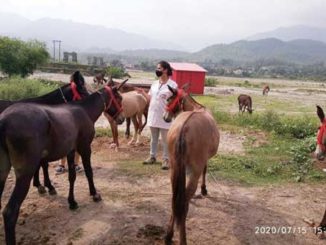
Heat stress is a common condition in working equines, especially in the summer months. Excessive weight lifting and running releases sweat causing water and ionic loss. If it is hot and humid, the humidity decreases the amount of heat loss that can be achieved through evaporation, increasing the risk of heat stress. >>>
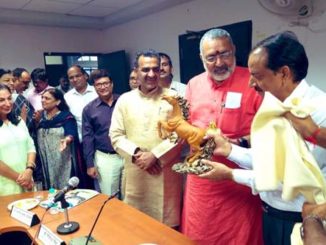
16 August 2019: Shri Giriraj Singh, Union Minister for Fisheries, Animal Husbandry & Dairying and Dr >>>